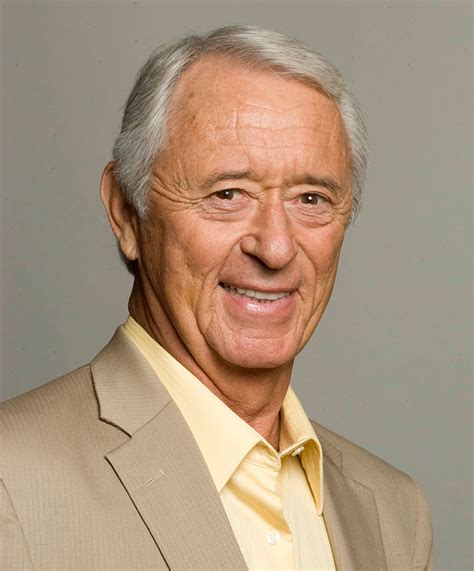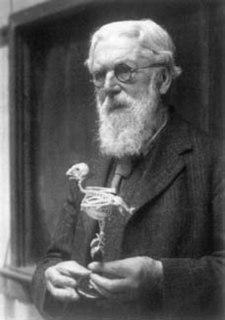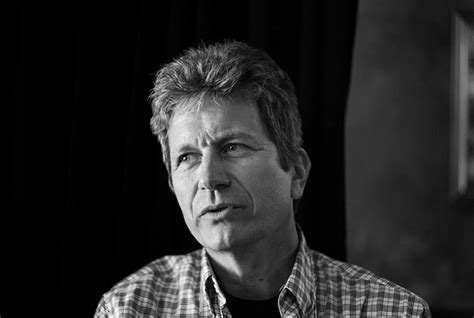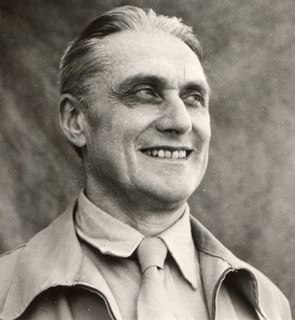A Quote by Marvin Minsky
There was a failure to recognize the deep problems in AI; for instance, those captured in Blocks World. The people building physical robots learned nothing.
Related Quotes
Alcohol and drugs are not the problems; they are what people are using to help themselves cope with the problems. Those problems always have both physical and psychological components- anything from anemia, hypoglycemia, or a sluggish thyroid to attention deficient disorder, brain-wave pattern imbalances, or deep emotional pain.
There are lots of examples of routine, middle-skilled jobs that involve relatively structured tasks, and those are the jobs that are being eliminated the fastest. Those kinds of jobs are easier for our friends in the artificial intelligence community to design robots to handle them. They could be software robots; they could be physical robots.
Cell and tissue, shell and bone, leaf and flower, are so many portions of matter, and it is in obedience to the laws of physics that their particles have been moved, moulded and conformed. They are no exceptions to the rule that God always geometrizes. Their problems of form are in the first instance mathematical problems, their problems of growth are essentially physical problems, and the morphologist is, ipso facto, a student of physical science.
One of the things that Baidu did well early on was to create an internal platform for deep learning. What that did was enable engineers all across the company, including people who were not AI researchers, to leverage deep learning in all sorts of creative ways - applications that an AI researcher like me never would have thought of.
I was working with actors who were very easy to work with, but I can just imagine how, with all the other decision-making problems that come up along the way, in addition to that, the whole point of what your doing is following performance and character development. You're building your story with those building blocks, and it is not easy. I've only come out with more respect for directors, from this.
As the founding lead of the Google Brain team, former director of the Stanford Artificial Intelligence Laboratory, and now overall lead of Baidu's AI team of some 1,200 people, I've been privileged to nurture many of the world's leading AI groups and have built many AI products that are used by hundreds of millions of people.
Copy is not written. If anyone tells you ‘you write copy’, sneer at them. Copy is not written. Copy is assembled. You do not write copy, you assemble it. You are working with a series of building blocks, you are putting the building blocks together, and then you are putting them in certain structures, you are building a little city of desire for your person to come and live in.




































